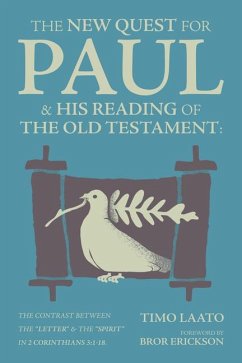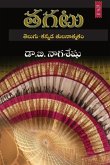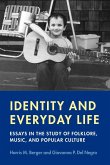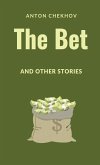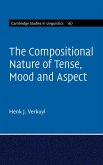The author is known as a strong opponent of the so-called New Perspective on Paul. In this book, he seeks to move beyond that debate and open new vistas in Pauline research. There is a need for much revision. The author first dives into a detailed exegetical study of 2 Corinthians 3, a chapter that has a reputation of being an exegetical nightmare. He examines the interpretational problems associated with the opposition between the letter that kills and the Spirit that gives life. Fresh insights emerge. Ultimately, the whole issue turns on the question whether to understand the Old Testament according to the "literal-letteral" or "literal-spiritual" sense. As a consequence, Paul breaks up with Judaism and pulls down the works of the law since he competes against the view of observing the Torah "in flesh" and according to the "literal-letteral" meaning of the text. He regards such a religious pursuit as the worst form of human self-righteousness and self-praise (despite the serious efforts to true piety). On the other hand, Christians have undergone a transformation in terms of re-creation, regeneration, resuscitation, resurrection, or revitalization. The Spirit gives them life. He reigns in them. Hence, Christians do fulfill the whole Mosaic law. Yet, they fulfill it "in Spirit" and not "in flesh," in other words, according to the "literal-spiritual" and not "literal-letteral" sense of Scripture. As a consequence, they do not bolster their self-righteousness and self-praise. To corroborate his thesis, the author draws on similar wordings in other Pauline letters and several passages in the Old Testament from Exodus, Jeremiah, and Ezekiel. The author concludes that the New Perspective on Paul has run its course. A New Quest for Paul is needed. Therefore, this book is needed.
Hinweis: Dieser Artikel kann nur an eine deutsche Lieferadresse ausgeliefert werden.
Hinweis: Dieser Artikel kann nur an eine deutsche Lieferadresse ausgeliefert werden.
